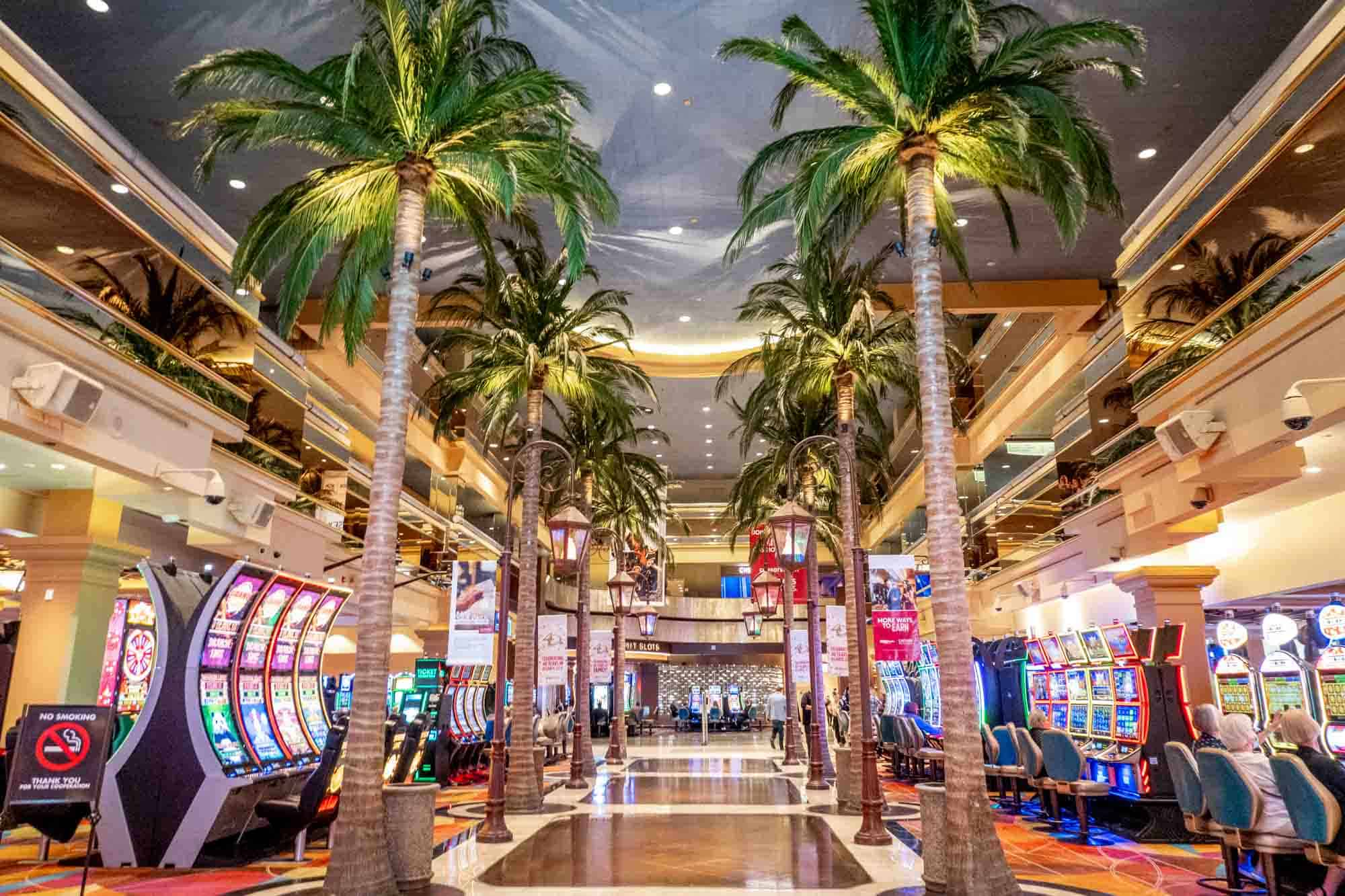
Casino games have long captured the fascination of individuals around the globe, becoming an integral part of both entertainment and society. From the sparkling lights of Las Vegas to the captivating experience of online gaming, these games evoke enthusiasm, risk, and sometimes even a sense of remembrance. They are more than just entertainments; they have woven themselves into the texture of society, influencing various aspects from movies and songs to clothing and writing.
The allure of casino games surpasses the wagering aspect, tapping into broader themes of fortune, possibility, and human behavior. xoso66 As players gather around a card table or rotate the roulette wheel, they engage in an age-old ritual that echoes with our collective desire for thrill and unpredictability. This obsession has led to the emergence of countless references in films, songs, and gaming, showcasing how strongly entrenched these activities are in pop culture. Whether it is the intense drama of a classic robbery film or the colorful nightlife portrayed in music videos, casino games have carved out a substantial place that reflects our relationship with risk.
Historical Importance of Casino Games
Casino activities have played a pivotal role in social contexts throughout history. Originating from old civilizations, forms of chance were often connected to ceremonies or events. For example, early forms of gambling can be traced back to historic China and the Romans, where die games and wagering on results were popular pastimes. These activities not only served as entertainment but also as means of connecting people, facilitating connections among individuals within communities.
As societies evolved, so did the sophistication and structure of gambling games. The establishment of official casinos in the 17th century, particularly in the Italian region, marked a major shift in how games were perceived and organized. With designated spaces for gambling, the casino became a social hub where patrons from various backgrounds convened. This change contributed to the validation of the industry, transforming it from a mere pastime into an established industry that shaped the economy and regulations.
The impact of casino activities on popular culture cannot be overlooked. As they were popularized in literature and movies, games such as poker and blackjack became symbols of chance, chance, and tactics. Iconic figures and stories have developed around these games, reflecting societal attitudes towards fortune, wealth, and immorality. This fascination with casino activities has infiltrated various forms of media, solidifying their place in the public imagination and connecting them to wider cultural stories throughout history.
Representation of Gambling Activities in Media
Casino games have long been a popular subject in different types of entertainment, reflecting both the thrill and complexities of the world of gambling. Films such as Ocean’s Eleven and Casino Royal portray characters who navigate high-stakes environments, showcasing not only the attractiveness of the gambling environment but also the methods and decisions that come with playing popular games like Texas Hold’em and 21. These films often dramatize the exhilaration of winning and the potential consequences of losing, encapsulating the dangers involved in betting.
Television shows have also explored the universe of gambling activities, often integrating them into the plot as a context for character arcs and conflict. Shows like Las Vegas depict the stories of casino workers and casino-goers, highlighting the lively, often disorderly energy of the gaming floor. Docuseries featuring intense betting contests further emphasize the fascination of casino games, drawing viewers into the tension and tactics involved in each session. Through these depictions, media not only amuses but also stimulates conversations about fortune, skill, and the character of chance.
Video games have increasingly integrated casino games into their development, allowing players to recreate the feeling of gambling without monetary loss. Games within the landscape of digital gaming often include online slot machines, poker, and other popular casino games, creating an interactive experience that mirrors traditional gambling. These virtual portrayals make casino games accessible to a broad demographic, appealing to both players who indulge and those who enjoy the thrill of simulation. As a consequence, the portrayal of casino games in entertainment continues to shape public perception and cultural significance, highlighting their role in entertainment and social context.
Impact of Casino Games on Society
Casino games have a meaningful effect on society, influencing various aspects of culture and social behavior. They often serve as a platform for community engagement, where people gather to experience a shared activity. Game nights with friends or trips to casinos become social activities that build connections and create shared moments. This communal aspect enhances the fun value of gambling activities, making them a favored choice for festivities and recreational pursuits.
Moreover, gambling activities have been portrayed in numerous movies, TV series, and literature, influencing perceptions and opinions towards gaming and betting. Icons like James Bond playing baccarat or the intense poker scenes in films have cemented these games in the shared imagination. This depiction often idealizes the culture associated with gambling, attracting new players and influencing trends in both style and behavior. These portrayals can spark curiosity and lead to a deeper investigation of the nuances of gambling.
Nonetheless, there are also adverse consequences associated with the widespread appeal of casino games. The allure of quick monetary gain can lead to problem gambling and economic troubles for some people. The community must contend with these consequences, promoting responsible gaming and education of the risks involved. Balancing the fun aspect of gambling activities with the risks is crucial to ensure that they continue to be a positive aspect of our societal fabric.
